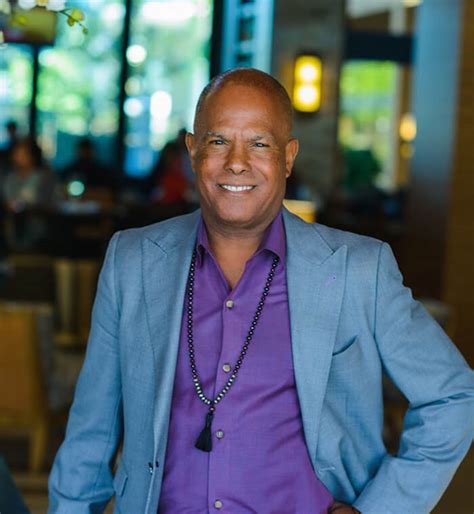A Quote by Philip Yancey
Whatever else we may say about it, the atonement fulfills the Jewish principle that only one who has been hurt can forgive. At Calvary, God chose to be hurt.
Related Quotes
They say that when god was in Jerusalem he forgave his murderers, but now he will not forgive an honest man for differing with him on the subject of the Trinity. They say that God says to me, "Forgive your enemies." I say, "I do;" but he says, "I will damn mine." God should be consistent. If he wants me to forgive my enemies he should forgive his. I am asked to forgive enemies who can hurt me. God is only asked to forgive enemies who cannot hurt him. He certainly ought to be as generous as he asks us to be.
If you were meant to cure cancer or crack cold fusion and you don't do it, you not only hurt yourself, even destroy yourself. You hurt your children, you hurt me, you hurt the planet. You shame the angels who watch over you and you spite God Almighty, who created you and only you with your unique gifts, for the sole purpose of nudging the human race one millimeter further along its path back to God.
What is forgiving? Forgiving is giving up all claim on one who had hurt you and letting go of the emotional consequences of the hurt. How can we do that? It's done at the price of beating back our pride. By nature we are selfish. Forgiving, by definition, is unselfish. Being hurt by another person wounds our pride. Pride stands in the way of forgiving. We cannot forgive without God's help. It might be possible for us to forgive something inconsequential without God's help; but in significant matters, we are unlikely to accomplish anything without God's involvement in the process.
Sometimes people hurt us unintentionally. We may view that they've hurt us intentionally and want revenge. But sometimes when we really look back again, we can see that they weren't intentional in trying to hurt us. That's when we need to confess our judgment of them and forgive them for their unintentional hurts committed against us.
We hurt each other, is the point. Hurt, annoy, embarrass, but move on. People, it just doesn't work that way. Your own feelings get so complicated that you forget the ways another human being can be vulnerable. You spend a lot of energy protecting yourself. All those layers and motivations and feelings. You get hurt, you stay hurt sometimes. The hurt affects your ability to go forward. And words. All the words between us. Words can be permanent. Certain ones are impossible to forgive.
In explaining the growth of his faith, psychiatrist Gerald May writes, "I know that God is loving and that God’s loving is trustworthy. I know this directly, through the experience of my life. There have been plenty of times of doubt, especially when I used to believe that trusting God's goodness meant I would not be hurt. But having been hurt quite a bit, I know God's goodness goes deeper than all pleasure and pain it embraces them both." Ruthless Trust, pg 22

































